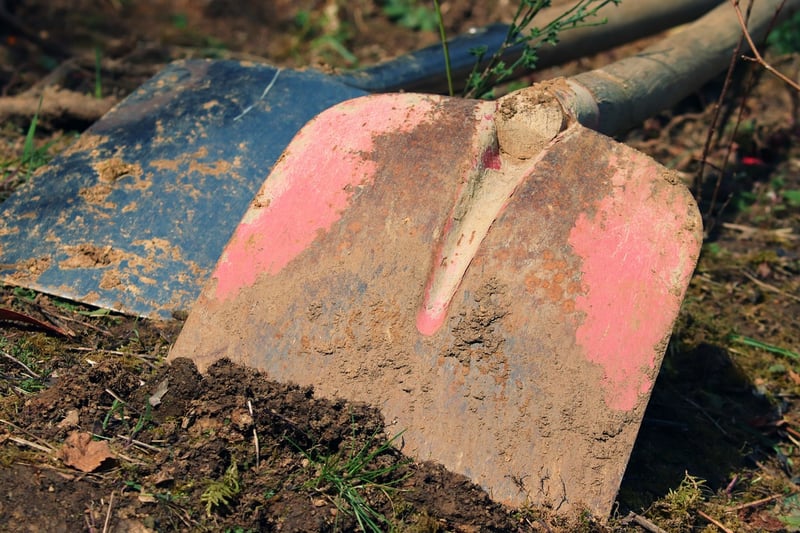Soil Maintenance
Essential Plant and Soil Maintenance Tips
Introduction
Welcome to our guide on plant and soil maintenance! Whether you are a seasoned gardener or just starting, taking care of your plants and soil is crucial for a thriving garden. In this article, we will provide you with essential tips to ensure your plants grow healthy and your soil remains fertile.
Plant Maintenance
Proper plant maintenance is essential for healthy growth and beautiful blooms. Here are some tips to keep your plants in top condition:
1. Watering
Water your plants regularly, but be mindful not to overwater. Different plants have varying water requirements, so it's essential to research the specific needs of each plant in your garden.
2. Pruning
Regular pruning helps promote new growth and keeps your plants looking tidy. Remove dead or diseased branches to prevent the spread of pests and diseases.
3. Fertilizing
Provide your plants with the necessary nutrients by fertilizing them regularly. Choose a fertilizer that suits the needs of your plants, whether they require more nitrogen, phosphorus, or potassium.
4. Pest Control
Keep an eye out for common garden pests and take appropriate measures to control them. Use natural remedies or organic pesticides to minimize harm to beneficial insects.
Soil Maintenance
Healthy soil is the foundation of a successful garden. Here are some tips to maintain the fertility of your soil:
1. Soil Testing
Regularly test your soil to determine its pH level and nutrient content. Adjust the pH levels as needed and add organic matter to improve soil structure.
2. Mulching
Apply mulch around your plants to retain moisture, suppress weeds, and regulate soil temperature. Organic mulches, such as bark chips or compost, also contribute to soil health as they decompose.
3. Crop Rotation
Practice crop rotation to prevent soil depletion and reduce the risk of diseases. Rotate crops in different plant families to maintain soil fertility and balance nutrient levels.
4. Composting
Start a compost pile to recycle kitchen scraps and yard waste into nutrient-rich compost. Adding compost to your soil improves its structure, fertility, and water retention capacity.
Conclusion
By following these plant and soil maintenance tips, you can create a thriving garden that will reward you with beautiful blooms and bountiful harvests. Remember to observe your plants regularly, listen to their needs, and provide them with the care they require to flourish.


